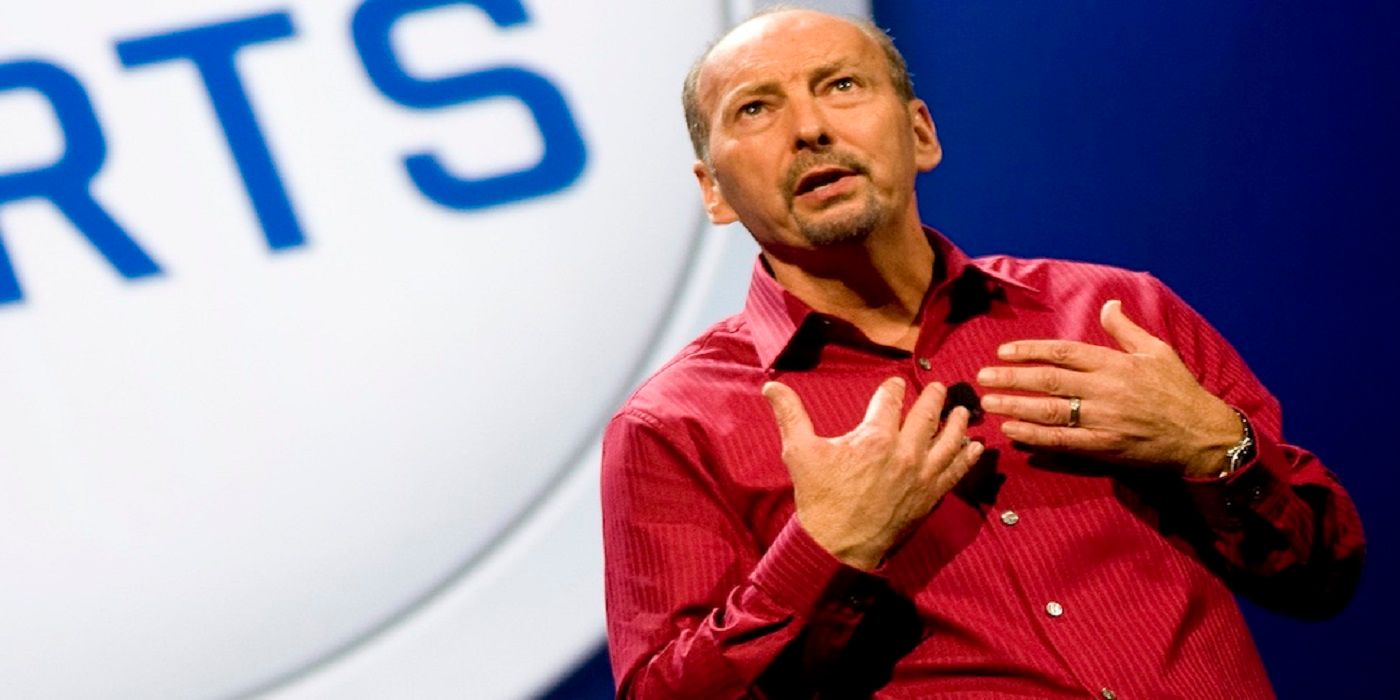Peter Moore once served as the head of EA's EA Sports division, which is responsible for all of EA's various sports titles like FIFA and Madden. He left EA and the games industry entirely in February 2017 to become the CEO of Liverpool Football Club but, after resigning from that position last summer, Moore has announced that he is returning to the industry, specifically joining Unity to oversee Sports and Live Entertainment as Senior Vice President and General Manager.
Moore made the announcement over Twitter, where he expressed his delight to be reunited with many of his old industry friends. In fact, Unity's current CEO, John Riccitiello, was Moore's old boss when he worked at EA.
Though he initially graduated from a physical education college and moved from Liverpool to the United States to teach soccer and then later worked for Reebok, Moore got his start in the industry working for Sega during the Dreamcast era, where he eventually rose to become president and COO of Sega of America. It was during his tenure that Sega discontinued the Dreamcast and dropped out of the console market altogether. Though it wasn't the sales success many hoped it would be, the Dreamcast is fondly remembered today, with there even being a demand for a Dreamcast Mini.
In 2003, Moore was hired by Microsoft as corporate VP, where he worked on the original Xbox. While there, he gained notoriety when he showed off a Halo 2 tattoo when announcing it. He repeated the same stunt with Grand Theft Auto 4's announcement.
It was in 2007 when he joined EA, which he worked at for 10 years. In 2015, he also became EA's Chief Competition Officer for the company's competitive gaming division. During his time there, he expressed a belief that free-to-play was an inevitability for video games. He eventually left EA in February 2017 to become Liverpool FC's CEO.
Recently, Moore weighed in on the loot box debate, specifically EA's use of loot boxes in FIFA. Though EA has faced criticism for essentially promoting gambling (which eventually led to some countries banning loot boxes entirely), Moore disagreed and instead compared them to collectible cigarette cards from the 20s and 30s. This is a sentiment echoed by EA itself, which has frequently denied that its use of loot boxes are a form of gambling.
Moore isn't the only industry veteran making a comeback. Earlier this week, Tomonobu Itagaki, who has been absent from game development since his last game, Devil's Third, released in 2015, announced that he had opened up a new studio for the express purpose of making a new game.

